The relaxation of import rules is likely to be welcomed by exporters of used clothing and textiles to Kenya as the east African country is an important market for UK firms and a route to other countries in the region.
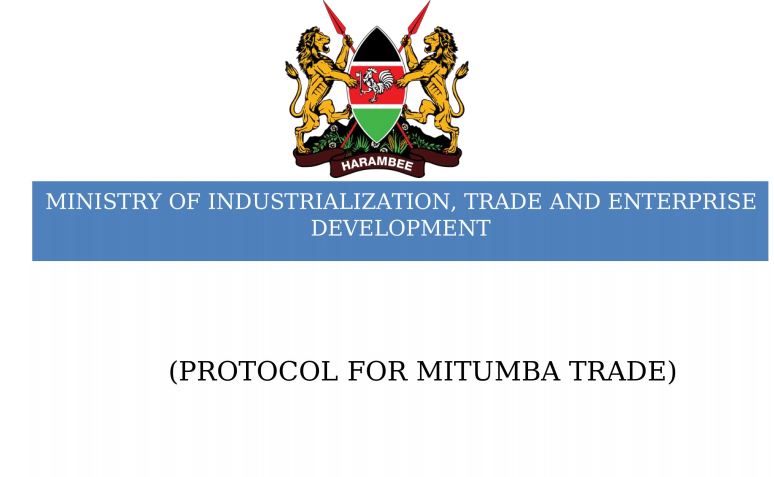
Protocols are said to have been issued to traders and merchants on how to comply with new rules, which include reducing the weight of bales by 15KG to 30KG.
Certificate
Shipments will also need to be accompanied by a certificate of conformity from the Kenya Bureau of Standards, detailing where the shipment has come from and its weight.
Each shipment will also need to be accompanied by a fumigation certificate “issued by a licensed service provider in the country of origin”, proving the goods have been fumigated using World Health Organisation approved chemicals.
The full protocolfor mitumba (the Kenyan term for imported clothing issued today can be seen here.

Relief
Speaking with letsrecycle.com, Teresiah Wairimu Njenga, chairperson of the Mitumba association of Kenya, said: “Traders in Kenya will today be breathing a big sigh of relief that we can finally restart our businesses and begin importing clothes again.
“We will be reviewing the protocols in place and will look to restart imports as soon as possible”.
Imports
Kenya is is one of the biggest markets for UK second-hand clothes. Items are usually sold in local markets, providing employment and an important income stream for the local economy. Clothes from Kenya are also often sold on to other East African countries.
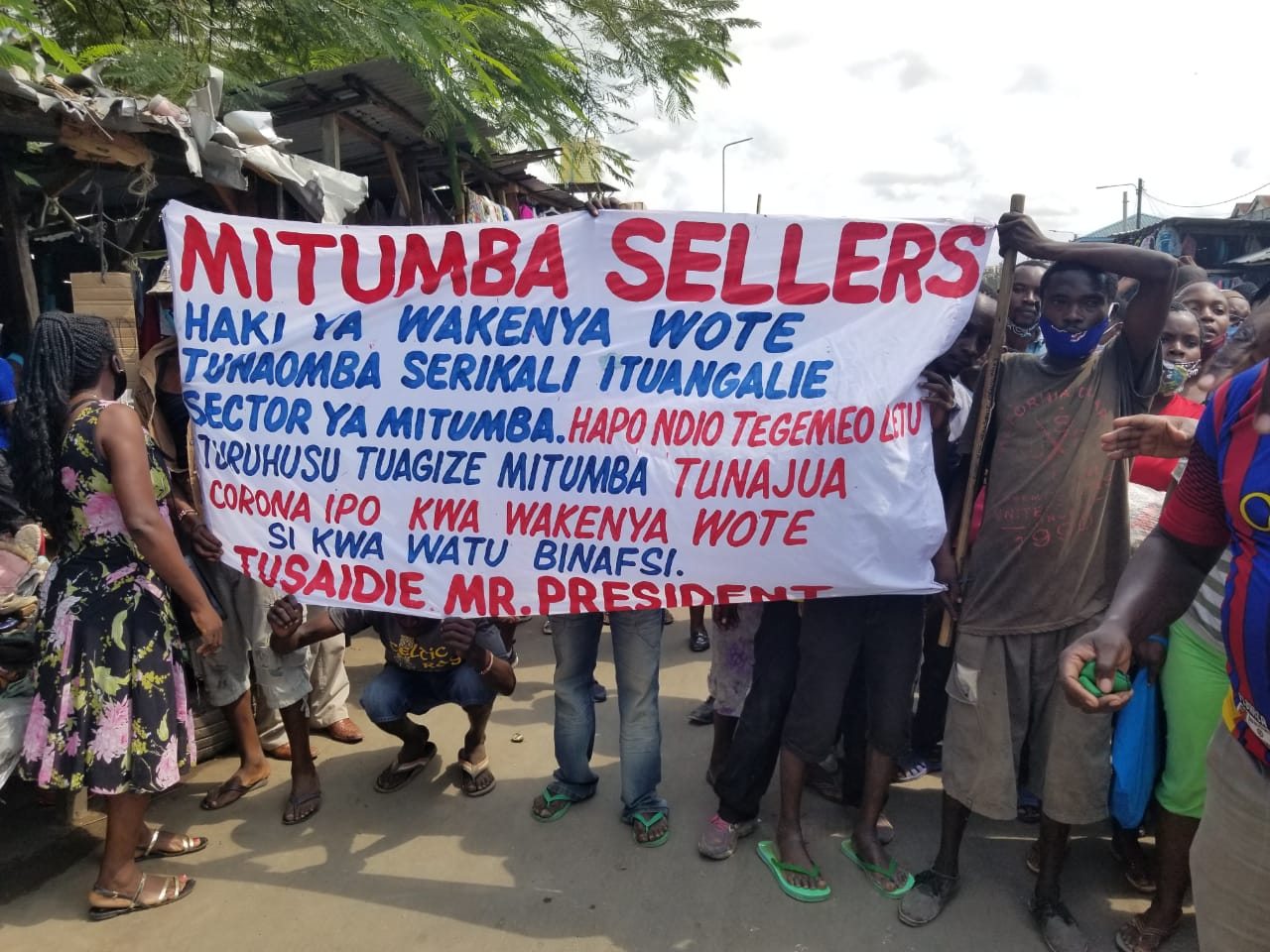
In recent days there had been protests by local stall holders who were reporting that prices for clothes was increasing and they were struggling to survive. It was reported locally that many had to send their staff home unpaid.
Those with clothes to sell were able to charge higher prices, according to local reports
Markets
While the move is likely to spark optimism that the lifting of the ban could see an increase in UK imports, Tosh Vyas, managing director of Bedford-based Fortune Eximports, said the conditions will be expensive to comply with.
“Lifting the ban with such controversial conditions will increase the cost of production by one and a half times”
“We are delighted with the news from the Kenyan Authorities. On behalf of the Textile Recycling Association, Recyclatex and other organisations, I convey my heartiest congratulations to the Mitumba Association.
“We admire all the efforts made by Ms Wairimu Njenga and her teams.
“Lifting the ban with such controversial conditions, such as reducing the size of bale to 30KG, will increase the cost of production by one and half times, and result in additional cost. To me as a processor, these conditions just don’t make any sense.
“Due to these unprecedented times of the pandemic, the GBP is around 8% to 10% stronger against the Kenyan Shilling. There is no way we can pass this additional cost to our Kenyan clients, it shall just add more pressure on the charities to reduce the prices.”





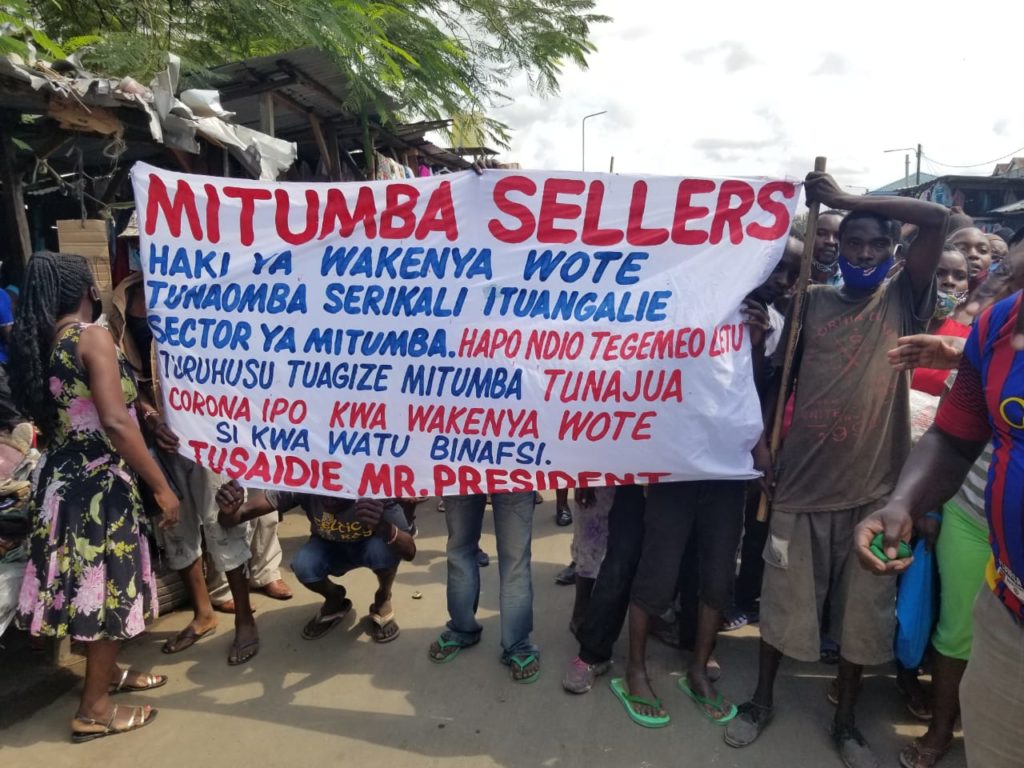
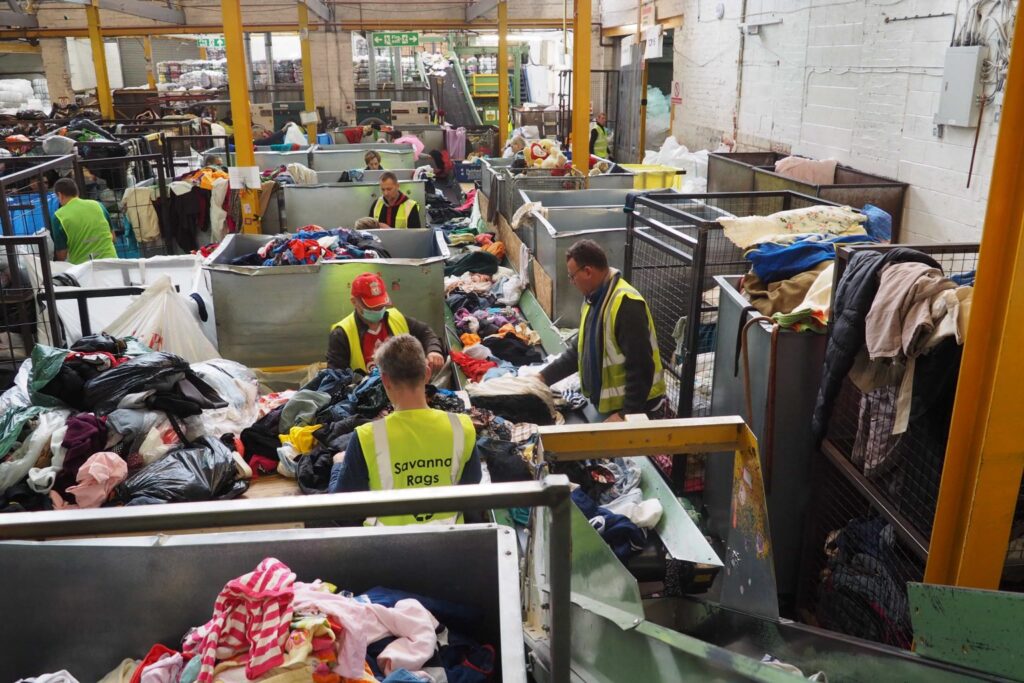
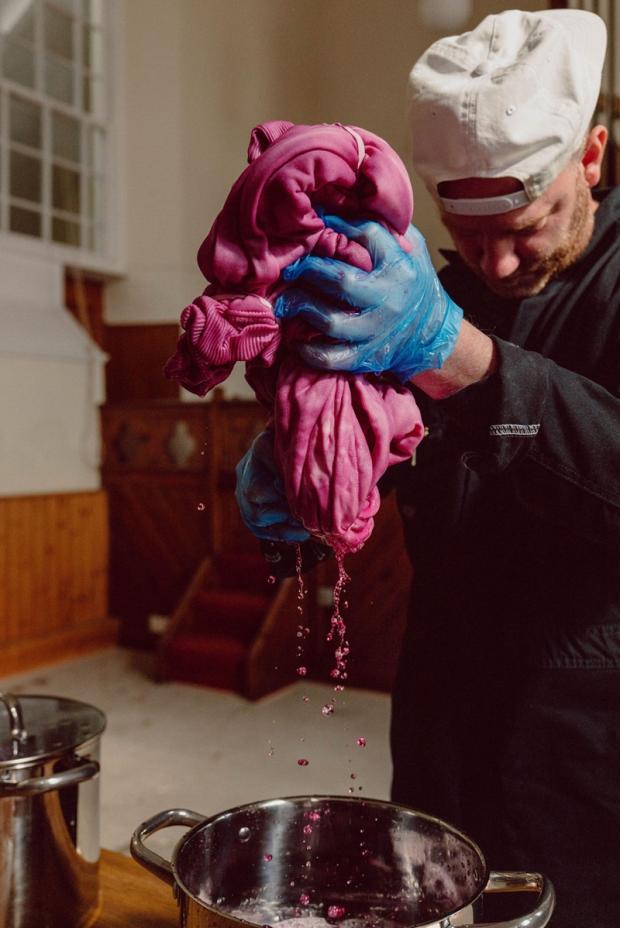

Subscribe for free